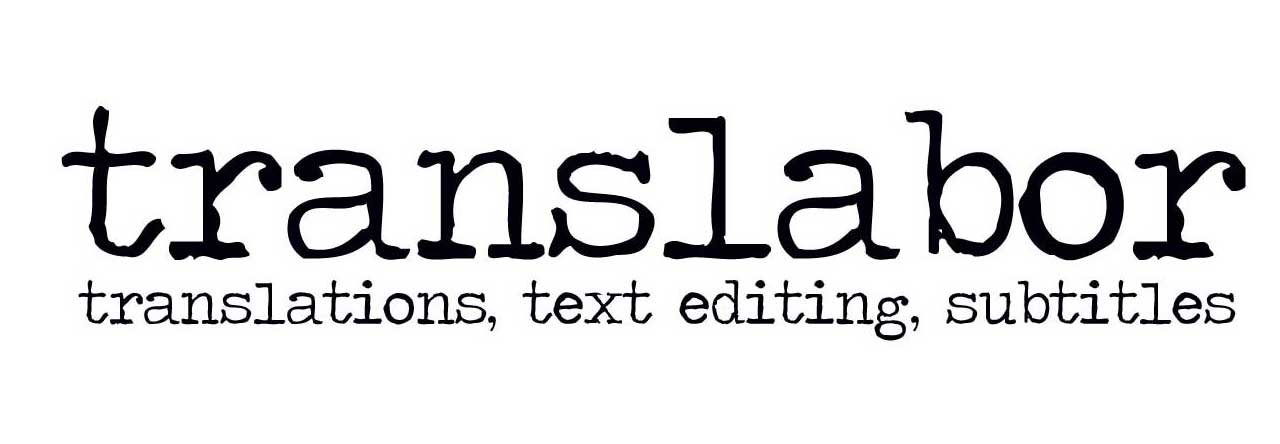One Friday evening I found myself at the Bio Edeka organic supermarket near my home. I was looking for black beans for a sweet potato salad recipe I had found on the New York Times’ website, but alas were there none so I settled for some easy-to-cook black beluga lentils or ‘Schwarze Linsen’ from the ‘Gut und Gerne’ brand. Have a close look and see if you see what’s not quite right with this picture…..
Given up yet? Click on the image, inspect it a little more closely and you will discover that the company have translated ‘Schwarze Linsen’ as Black Lenses. That this is an incorrect use of language should be apparent to anyone whose command of the English language extends beyond the pre-intermediate level. So how did the get this so wrong?
My guess is that they simply got one of secretaries, or interns or whoever to look up a dictionary for the English word for ‘Linse’. My favorite online dictionary LEO suggests at least four conceptually separate English words for ‘Linse’, Lens, Nugget, Refractor and our winner for today, Lentil.
One can look at this humerously – from an English speaker’s perspective, our German friends eat black lenses and wear contact lentils. I’m sure it’s not from the company’s perspective though. Why would you go to the trouble of including an English translation of your product name if you did not think that it would be of some benefit to you. It would have been a hell of a lot more beneficial if they had bothered to hire a translator. Or at the very least the could have schooled themselves in the correct use of bilingual dictionaries! I’ll get back to the dictionary question sometime soon. In the mean time, if anyone finds any more example of simply woeful translations out there in the wilds of Germany, drop us a note in the comments!


Pingback: Using dictionaries correctly – or how to avoid bad DIY translations « The right word must be out there somewhere!